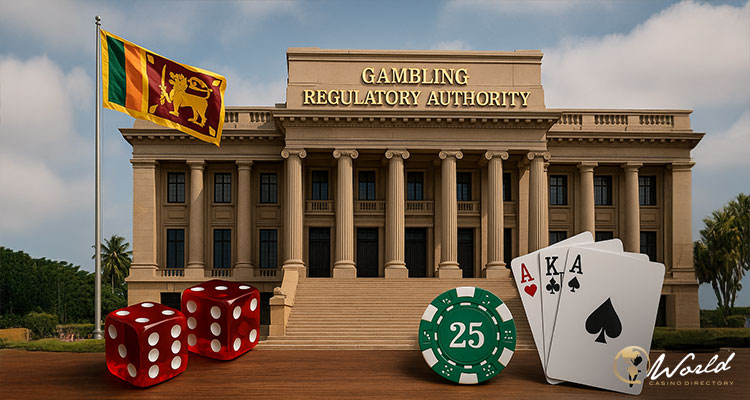The upcoming introduction of Sri Lanka’s Gambling Regulatory Authority Act, No. 17 of 2025, signals one of the most significant restructurings of the nation’s gaming oversight in decades. Following a gazette issued by President Anura Kumara Dissanayake, authorities have confirmed that the legislation will become operational on December 1. With this shift, the country moves toward a unified regulatory framework intended to tighten governance, expand compliance mechanisms, and modernize supervision of both land-based and online gambling.
Establishing a Unified Regulator and Overhauling Outdated Laws
The Act creates a singular body—the Gambling Regulatory Authority (GRA)—which will assume responsibility for regulating casinos, online platforms, betting services, offshore gaming, and gaming activities conducted on vessels or within Colombo’s Port City. The new framework replaces three older laws: the Betting on Horse-Racing Ordinance, the Gaming Ordinance, and the Casino Business (Regulation) Act of 2010. Existing operators will need to transition their operations to align with the requirements of the newly established Authority.
Parliament unanimously approved the bill in August, and the measure received certification from Speaker Dr. Jagath Wickramaratne in early September. Lawmakers have underscored that this centralized structure is designed to reinforce sectors such as anti-money laundering compliance, promote standardized industry practices, and reduce associated social risks, all while supporting Sri Lanka’s broader tourism and economic objectives.
Although the Act will come into force on December 1, government officials have set June 30, 2026, as the deadline for completing the formal establishment of the GRA as an operational institution. A key driver for advancing the process is the missing system for capturing tax revenue from online gambling operators. Authorities highlighted that between 60% and 70% of casino patrons in Sri Lanka now participate online, while only 30% to 40% visit physical casinos. Despite six approved casino licenses for land-based venues, online gaming remains outside the current tax and registration structures.
Officials also pointed out that Sri Lanka is scheduled for a Financial Action Task Force (FATF) review next year, which increases the urgency of demonstrating progress in anti-money laundering and counter-terrorism financing efforts. A formalized and functioning Gambling Regulatory Authority is viewed as an important component in meeting these expectations.
Market Context and Policy Measures Accompanying the Act
As Asia Gaming Brief reports, the regulatory overhaul arrives at a moment when Sri Lanka is attracting renewed international attention, partly driven by large-scale investment in gaming and entertainment infrastructure. In August, Melco Resorts and Entertainment Ltd opened City of Dreams Sri Lanka, the country’s first integrated resort of international standard and its largest private investment at US$1.2 billion. Industry analysts have previously commented that Sri Lanka’s ambition to become “India’s Macau” depends heavily on consistent regulation and effective governance, positioning the new Authority as a key structural foundation.
Beyond regulatory creation, the government has approved additional fiscal measures. The 2025 budget includes a decision to raise the betting and gaming levy by three percentage points to 18 percent. The entry fee for Sri Lankan citizens visiting casinos will also double to US$100. Officials say these adjustments align with the broader intent of promoting transparency, improving governance, and addressing illegal or unregulated gambling practices.
The new Authority will also have the ability to issue enforceable social responsibility codes, applying to both remote and land-based operators. Authorities expect this consolidated approach to boost investor confidence and reinforce long-term sector stability.



